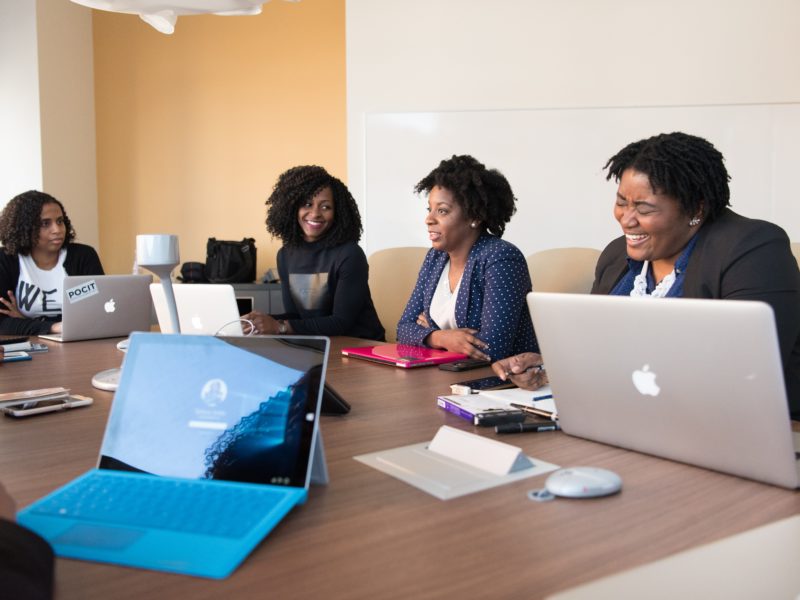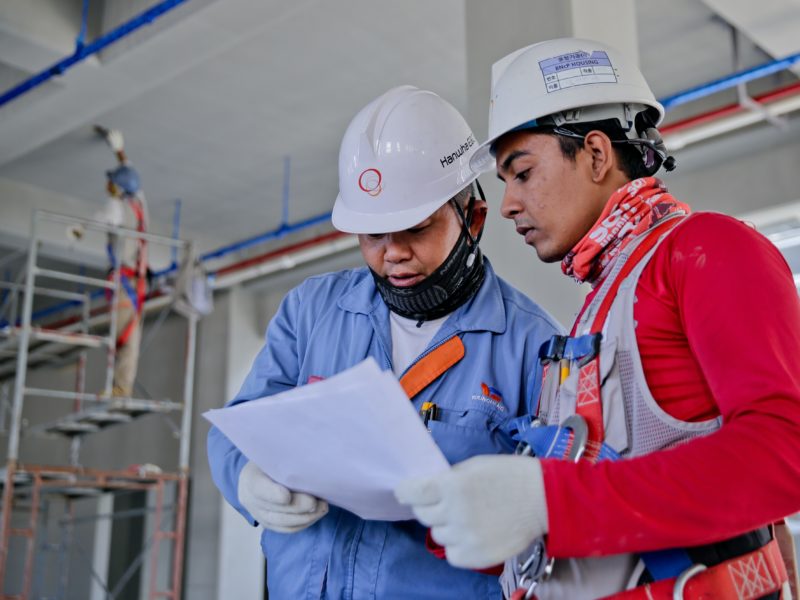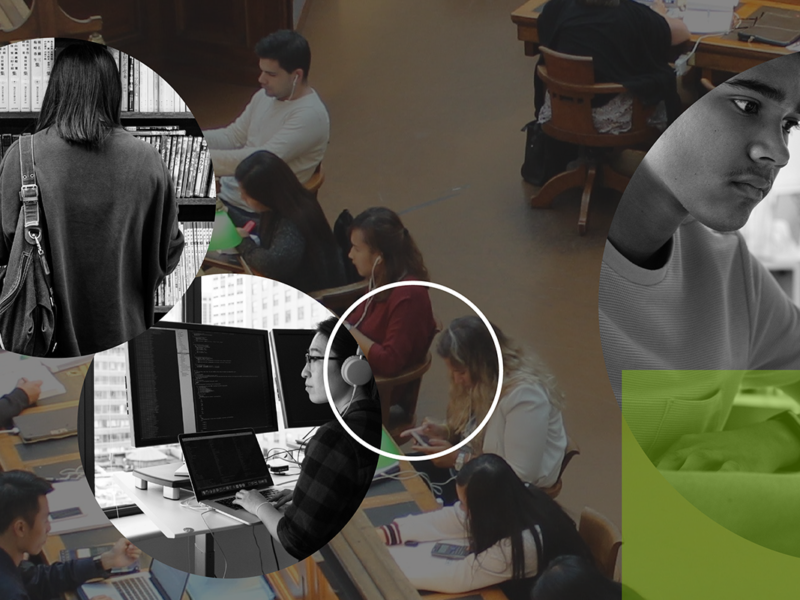Future Skills
Future skills – basic literacy, numeracy and socio-emotional skills – are important across all economic sectors and occupations. Figuring out who and how to address skills gaps is key to building an inclusive workforce with upward mobility.
Research
Bridging the Gap Between Identity and Social and Emotional Skills: Black Canadians’ Perspectives of Social and Emotional Skills in the Workplace
This issue briefing reveals how Black professionals perceive the development, expression, and evaluation of social and emotional skills at work.
Research
Strengthening Social and Emotional Skills in Adults: the Learning Experience at Canadian Colleges
We know that social and emotional skills (SES)—such as communication, collaboration, and leadership—are critical for life success. Yet the bulk of programs that teach SES end after high school. We continue developing SES in adulthood—through informal experiences like employment, co-ops, volunteering, extracurriculars, and caregiving, as well as formal instruction. These skills are important. So how are post-secondary institutions teaching them?
Blog
What we’re talking about when we talk about the future of skills
The world of skills development is changing swiftly, for three reasons: 1) population aging is leading to widespread labour shortages, which highlights a nation’s relative...
In the Media
Micro-credentials, macro impact
Micro-credentials have come to the fore over the past few years as a key vehicle for supporting access to education. Micro-credentials offer important educational options for those who are reskilling, upskilling or learning about a new topic of interest.
In the Media
Editorial: Canada scores failing grade at skills training school
Canada has more than a labour shortage challenge. The deeper issue facing the country’s employers, industries and, ultimately, its economy is a skills shortage.
Research
Lost opportunities: measuring the unrealized value of skill vacancies in Canada
When an employer wants to fill a vacant job, they are really looking for a set of skills to help them complete specific tasks. Until that employer can recruit a new employee, they don’t have access to the skills they need. So job vacancies can actually be thought of as skill-set vacancies: an unmet need for particular skills.
Blog
Deeper integration between schools, post-secondary institutions and industry needed to address skills and labour shortages
Over the past decade in Atlantic Canada, we have watched as our demographic situation has worsened due to a low birth rate, an aging population,...
In the Media
The Future of Work and Skills Training
The COVID-19 pandemic has severely disrupted labour markets and education, and now, as it enters its third year, we are seeing the acceleration of a workplace evolution that started long before the pandemic began.










